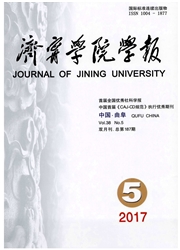

 中文摘要:
中文摘要:
P物质及NK1参与多种应激反应,在脑内,通过增大P物质含量,可以观察到类似于焦虑情绪的引起的行为现象.各种应激性刺激也会改变P物质和NK1在中枢神经系统中的含量,如疼痛应激、寒冷应激、束缚制动应激、紧张性刺激均会引起该物质及其受体的表达量改变.
 英文摘要:
英文摘要:
It has been proposed to function in the central and peripheral nervous systems as a neurotransmitter or neuromodulator.SP has been implicated in a variety of physiological and pathophysiological processes including stress regulation,as well as affective and anxiety-related behaviour.Consistent with these functions,SP and its preferred neurokinin 1(NK1) receptor has been found within brain areas known to be involved in the regulation of stress and anxiety responses.Aversive and stressful stimuli have been shown repeatedly to change SP content in brain tissue,as well as NK1 receptor binding.It is evident that SP in the brain modulates physiological and behavioural stress responses.Further evidence corroborating the role of SP in stress mechanisms come from the studies on the neuronal activation in brain areas known to be implicated in the modulation of stress reactions in response to various aversive stimuli.
 同期刊论文项目
同期刊论文项目
 同项目期刊论文
同项目期刊论文
 c-Fos expression in the Supraoptic Nucleus Is the most Intense During Different Durations of Restrai
c-Fos expression in the Supraoptic Nucleus Is the most Intense During Different Durations of Restrai 期刊信息
期刊信息
